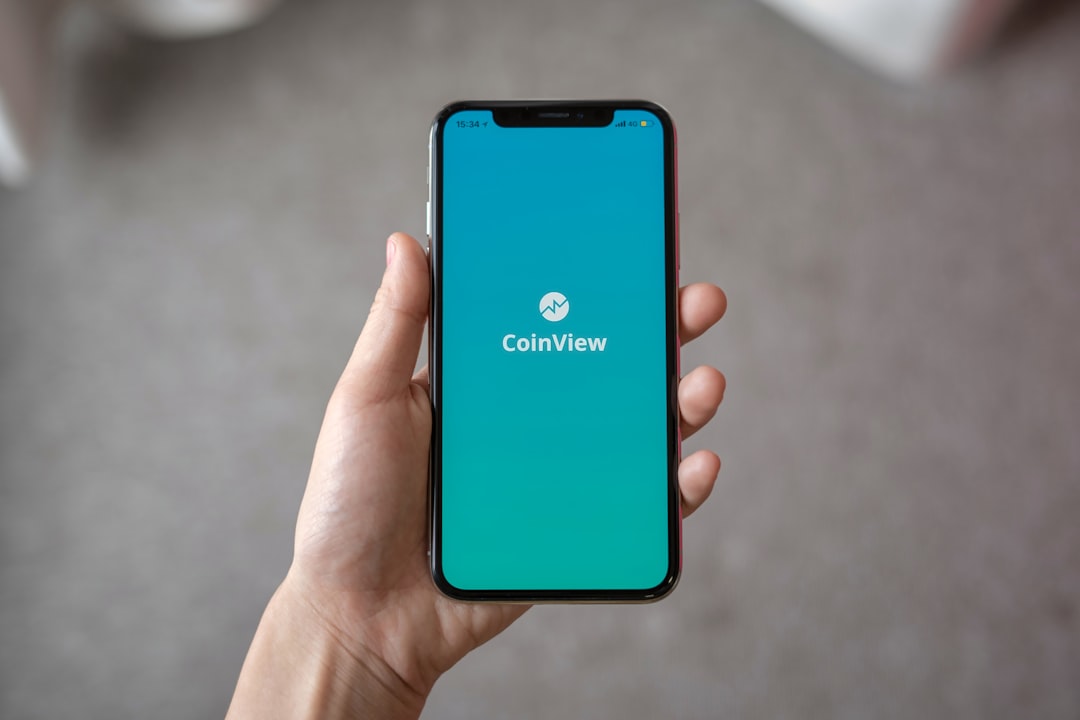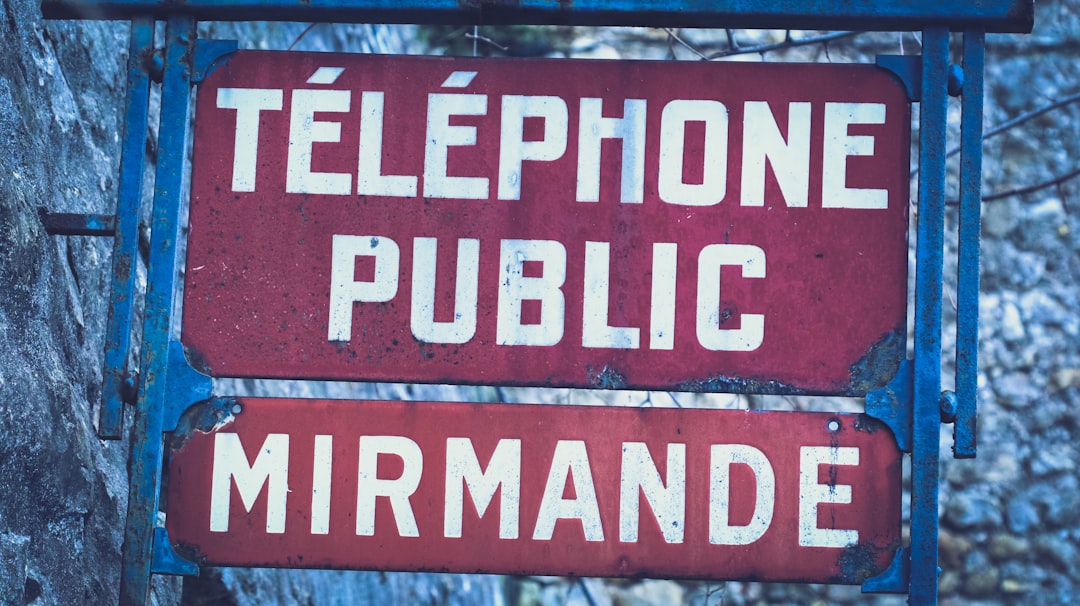In Wisconsin, rideshare companies face stringent communication laws, particularly concerning spam text messages. They must obtain explicit consent from customers before sending any promotional texts, under both federal regulations (like CAN-SPAM) and state guidelines, to avoid penalties and maintain positive customer relationships. Adhering to these strict rules is crucial for legal compliance and consumer privacy protection in the context of spam text Wisconsin.
In the digital age, text messages play a pivotal role in rideshare services. Wisconsin’s communication laws shape the legal status of these messages, with implications for privacy, consent, and anti-spam measures. This article delves into the intricacies of Wisconsin’s regulations regarding text communications from rideshare companies, exploring how businesses can navigate this landscape while adhering to state laws and avoiding potential spam concerns. Key areas of focus include understanding consent, compliance with anti-spam initiatives, and the broader implications for operations in Spam Text Wisconsin.
Understanding Wisconsin's Communication Laws

In Wisconsin, communication laws are designed to protect residents from unwanted and unsolicited text messages, commonly known as spam text. The state’s laws regarding text messaging are comprehensive, aiming to prevent companies, including rideshare services, from sending promotional or advertising texts without explicit consent. These regulations are particularly relevant in the context of ridesharing, where companies may send text confirmations, updates, or promotions to customers.
Wisconsin’s approach to spam text is focused on consumer protection, ensuring that individuals have control over their communication preferences. Any text messages sent for marketing purposes must comply with strict guidelines, including obtaining prior consent from recipients. This means that rideshare services operating in Wisconsin must be mindful of their messaging practices, adhering to the state’s legal framework to avoid potential penalties and ensure a positive customer experience.
Legal Status of Text Messages in Rideshare Services

In Wisconsin, the legal status of text messages within rideshare services is a nuanced topic. While there’s no specific state law governing this area, federal regulations and industry standards provide some clarity. Text messages are generally considered business communications, which means they can be subject to anti-spam laws if sent without explicit consent. Rideshare companies often have terms and conditions that allow them to send promotional text messages, but consumers have the right to opt-out.
Understanding spam text Wisconsin laws is crucial for both rideshare services and their customers. Companies must ensure they’re complying with federal guidelines regarding consent and opt-in/opt-out mechanisms. Failing to do so could result in legal repercussions. Consumers, on the other hand, should be aware of how their personal information is used and have the power to control the type and frequency of communications they receive from rideshare services.
Consent and Privacy Considerations

In Wisconsin, the legal view on text messages from rideshare services involves careful consideration of consent and privacy. When a passenger provides their phone number to a rideshare company, they reasonably expect that information to be used for essential communication related to their ride. However, unsolicited text messages, often categorized as spam, sent by these services without explicit consent can violate Wisconsin’s laws against unwanted marketing communications. These laws protect residents from receiving unsolicited text messages, including those promoting products or services.
Rideshare companies must obtain clear and informed consent before sending promotional texts to ensure they are not infringing on individual privacy rights. Given the prevalence of spam text messages in Wisconsin, passengers have the right to be notified and to opt-out of such communications. This balance between business promotion and consumer privacy is crucial, especially as technology continues to evolve, requiring constant vigilance to protect against potential abuses.
Anti-Spam Measures and Regulations

In Wisconsin, the legal landscape regarding text messages from rideshare services is shaped by both state and federal regulations designed to protect consumers from unwanted spam text. The CAN-SPAM Act, a federal law, sets guidelines for commercial text messaging, including opt-in requirements for businesses to send marketing texts. However, local laws in Wisconsin further tighten these restrictions, emphasizing consent and providing additional safeguards against unsolicited messages.
Rideshare companies operating within the state must adhere to these anti-spam measures, ensuring that customers have given explicit permission for promotional or advertising text messages. Violations can lead to penalties, underscoring the importance of clear communication and consumer consent in Wisconsin’s legal view on spam text.
Implications for Rideshare Companies Operating in Wisconsin

Rideshare companies operating in Wisconsin must navigate a unique legal landscape regarding text messages, with strict regulations against spam texts. The state’s laws aim to protect consumers from unsolicited and unwanted messaging, which can lead to significant penalties for non-compliance. This includes prohibiting the sending of text messages without prior express consent, particularly for marketing or advertising purposes.
For rideshare services, this means ensuring that any communication with passengers—including confirmation messages, updates on ride status, or promotional offers—is initiated only after a customer has explicitly agreed to receive such texts. Failure to adhere to these rules could result in legal action and damage to the company’s reputation, underscoring the importance of understanding and respecting Wisconsin’s consumer protection laws regarding spam text messaging.






